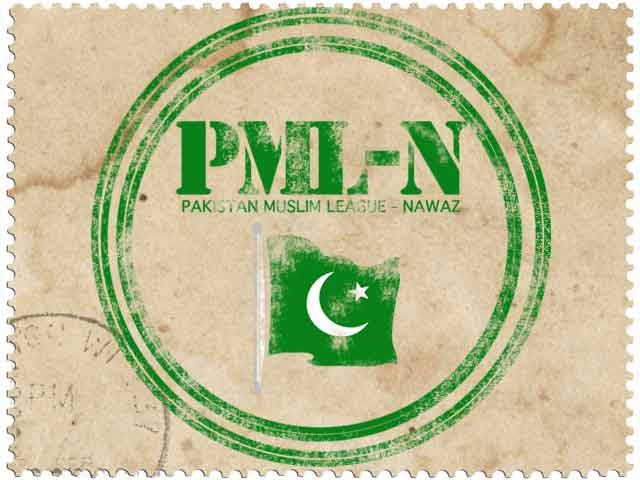Islamabad:
Pakistan Muslim League-Nawaz (PML-N) on Wednesday presented further written arguments in the Supreme Court prior to the hearing on his review of the petition against the sentence on July 12 regarding reserved seats.
The additional submissions submitted through senior adviser argue that the use of Article 187 of the July 12 July was incompatible with settled legal principles.
The party claimed that SC had exercised its powers under Article 187 in a way that differs from established legal norms.
“The detailed reasoning in Section No. 117, while giving relief to PTI, has mistakenly depended on Article 187 of the Constitution. The mentioned conclusions are against the case law and is thus responsible for being reviewed,” it said.
The appeal also stated that the above -mentioned observations were made without mentioning any judgment or previous precedent from SC to support those who are contrary to its established case law.
The judgment also overlooked the fact that this was an appeal under Article 185 (2).
Furthermore, the petitioner was not given a chance or right to be heard about the question of whether reserved seats could be awarded to PTI, which was not made a party before SC or in the previous procedure.
The appeal further claimed that the detailed reasoning by making the above observations ignored the established case law for SC, especially with regard to the limitations of the court’s powers under Article 187 of the Constitution.
For example, it quoted a ten-member bench judgment of SC in Justice Qazi Faez Isa and another Vs President of Pakistan, where the majority perception in paragraph 1. 34 confirmed that no persons, authority, court or court-what either exercises performing or legal powers-can act against any person who is in violation of the law.
This principle, the appeal emphasized, also applies to SC when exercising its judicial authority, including in accordance with Article 187 (2). 1, in the Constitution.
While Article 187 allows the court to adopt any order needed to carry out justice between the parties, it cannot provide any order which contradicts fundamental rights, constitutional provisions or applicable statutory law.
It was emphasized that the conclusions drawn in subsection (1). 117 In the detailed judgment, this consistent legal attitude overlooked. The powers under Article 187 can only be used between the parties before the court and strictly in accordance with the Constitution and the law.
It is pleased that these powers cannot be invoked to reopen cases that have already been settled or to tackle problems that are not directly under consideration. The provision does not provide unlimited or uncontrolled authority on the field.
The submission emphasized that Article 187 did not give the court unlimited powers, noting that the points on which the judgment was based were never part of the court’s list. It also claimed that none of the 80 SIC members personally appeared in court.
It recalled that the Court in its eight-judge’s detailed judgment had emphasized that in this case PTI’s relief stems from the court’s concern to protect the voter’s right to vote, which is guaranteed under Article 17 (2). 2, and 19 in the Constitution.
“The procedural formality by first accepting PTI’s use and then giving the relief does not bear much weight, where the court’s concern is the protection of the population’s voting rights (voters) guaranteed in accordance with Articles 17 (2).
However, PML-N’s additional appeal claimed that the above conclusions were “so shocking and surprising that even some of the other members of the bench registered their separate reasoning for the same,” citing the judgment written by Justice Amin out your khan and Justice Naeem Akhtar Afghan.
It is important that PML-N claimed that SIC and PTI cannot be treated as the same political entity.
It called on the Pointed Court to consider and revise its July 12 decision.
The case will be heard today (Thursday) by an 11-member major constitutional bench by the Supreme Court, led by Justice Aminuddin Khan.



